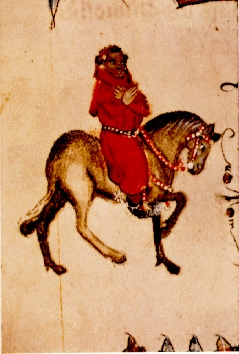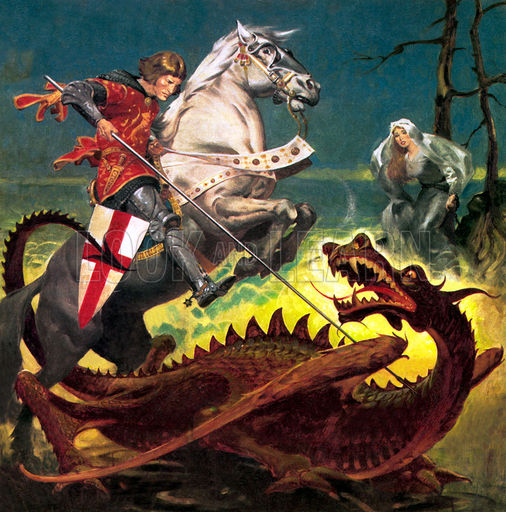If it were possible to arrange when, where and into
what circumstance you were born what would you choose? A home of great wealth?
A family of high privilege? Surroundings of exquisite comfort? Thankfully, the when,
where and how of our birth is something that none of us could ever arrange – it
is a gift from God. However, the one person who had full control of His birth chose a most unusual path. Consider this
– if the powers that Jesus had were at our disposal, would we have decided upon
the path that His life took? Surely not. We would have most likely opted for
powerful parents, fabulous wealth, plush surroundings, and an easy life. But
instead, Jesus chose for His upbringing a poor home in an oppressed backwater under
the thumb of mighty Rome. He chose to be born in the land of the shadow of
death (Isaiah 9:2, 6). He entered our world at its darkest depths.
All this is made more remarkable when we grasp Jesus’
full identity. When the angel announces to Joseph who the baby in Mary’s womb
is, he says:
“You shall call Him Emmanuel which means God with us.” (Matthew 1:23)
In other words, the Jesus who was once laid in
dingy, dirty manger was no ordinary child but rather the King of Kings and Lord
of Lords (Luke 1:32-33). Doesn’t such an identity demand a certain level
of pomp and ceremony? Or at least dignity? Or publicity?
However, Jesus’ coming into our world was in
humility and shows how our God identifies with us in our frail humanity. To see
the nature of God, we naturally look up to the heavens. Christmas tells
us to look down into the manger; there is true deity.
Our God does not simply give orders from on high and
bid us get on with it. NO! He comes down to earth in the flesh, living the life
we could never live, and then dying the death we all deserve. It by this
humility and great suffering that Jesus now offers to us the joy of sins
forgiven and the wonderful promise of life everlasting. As the words of the
opening carol at most candlelit services puts it:
He was little, weak, and helpless,
Tears and smiles like us He knew
And He feeleth for our sadness
And He shareth in our gladness
Or more simply:
“What a friend we have in Jesus – all our sins and
griefs to bear.”
May we know this wonderful Jesus this Christmastide and
beyond.
Parish article for the 12 days of Christmas, December 2016 AD



